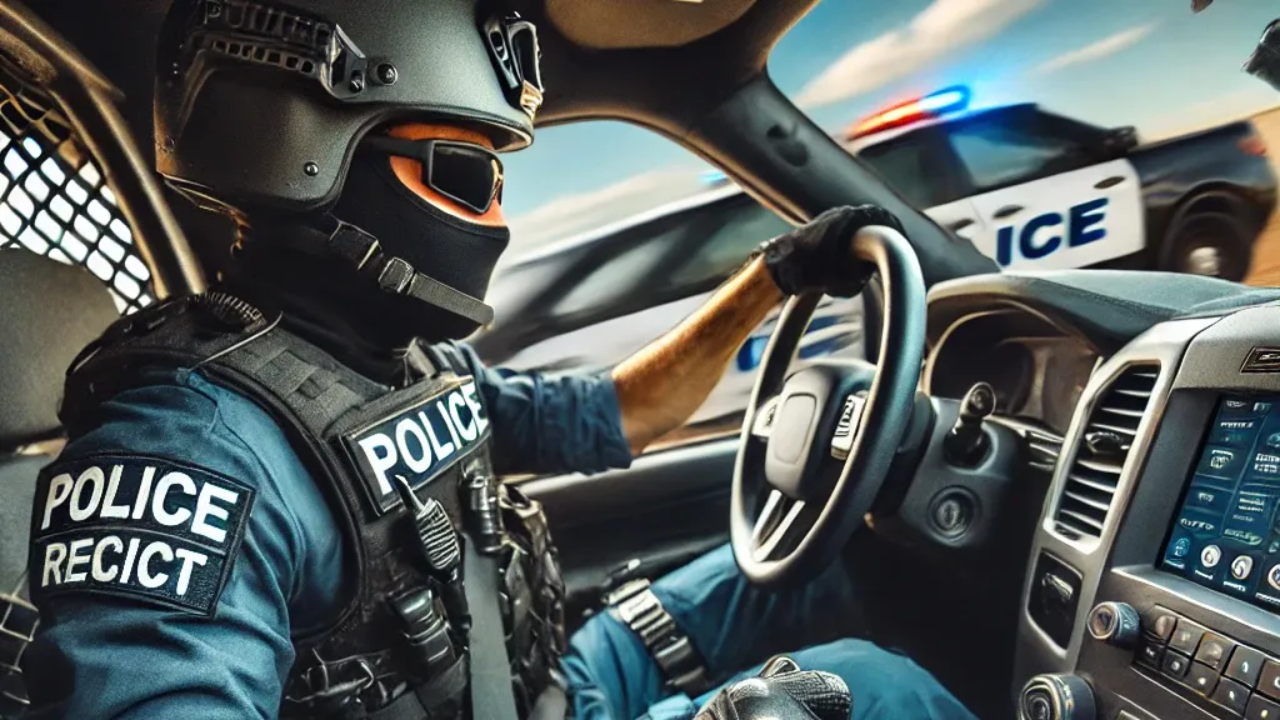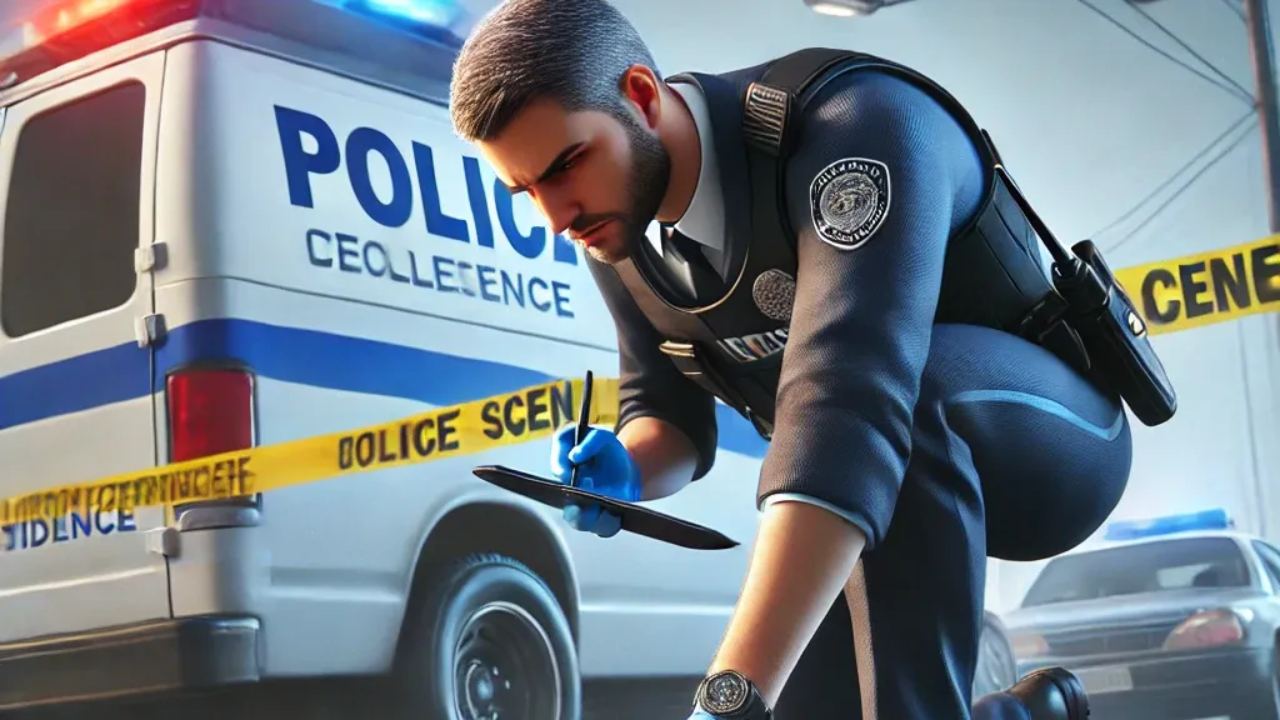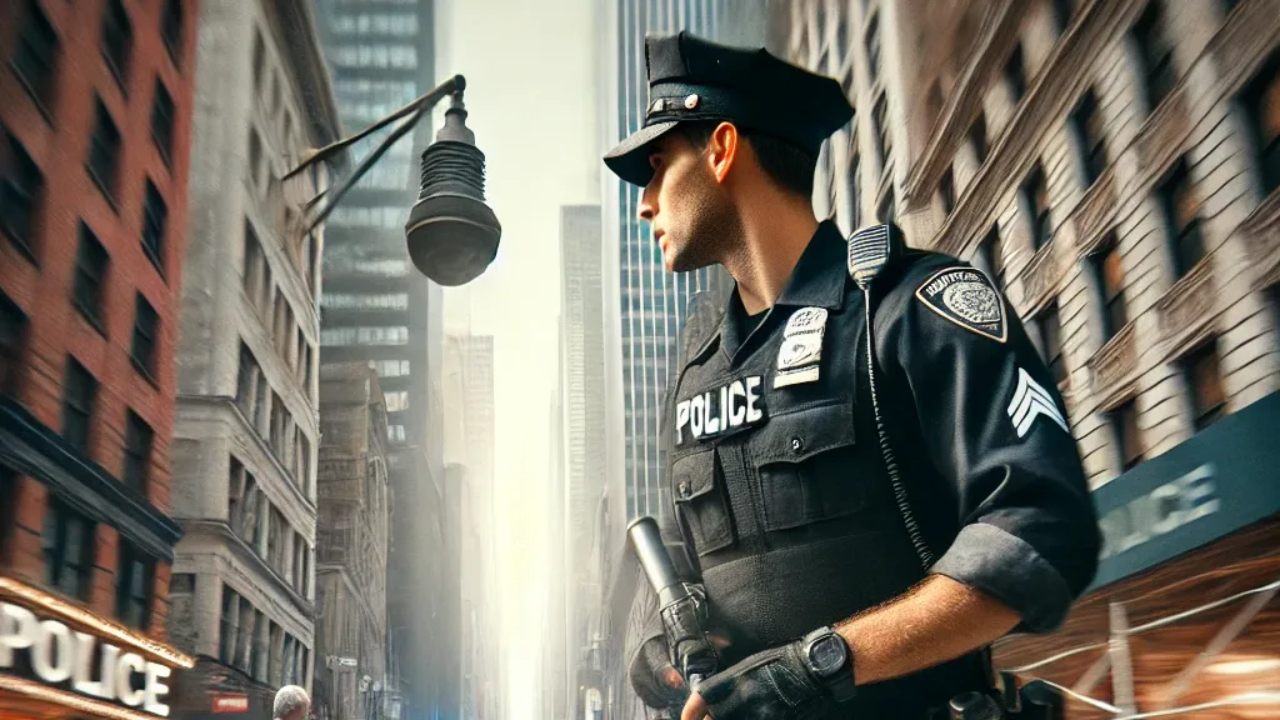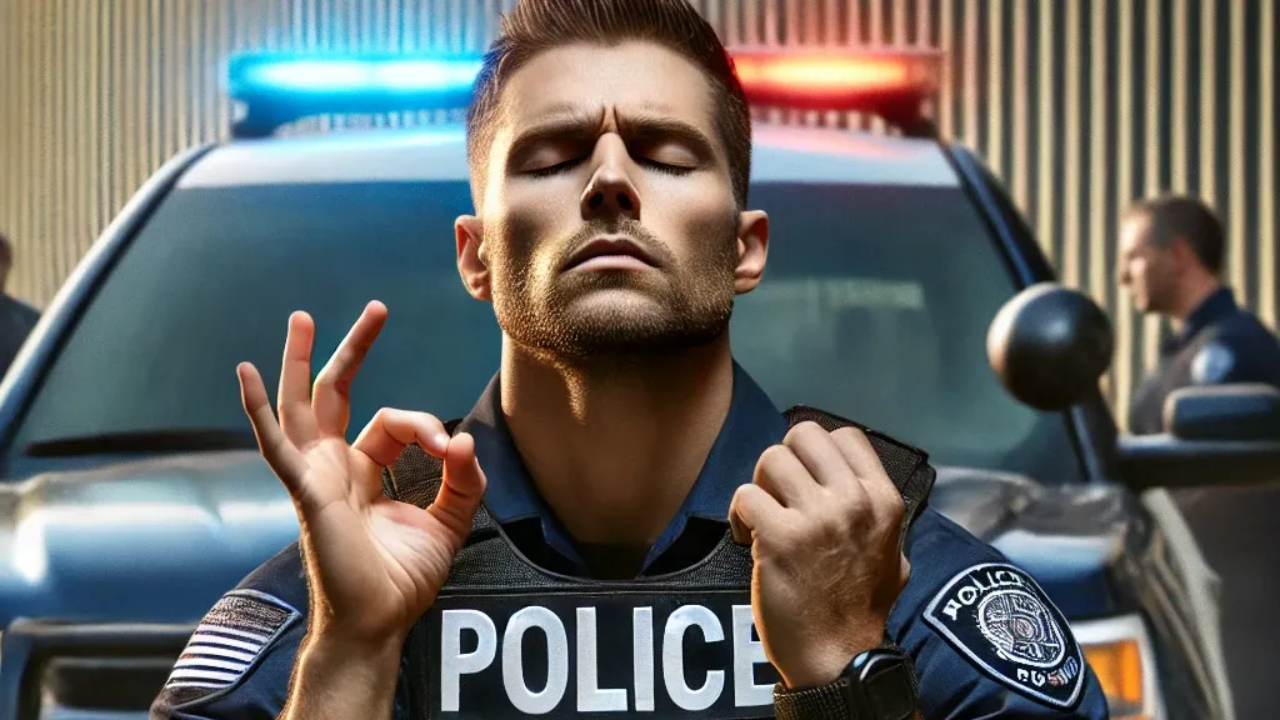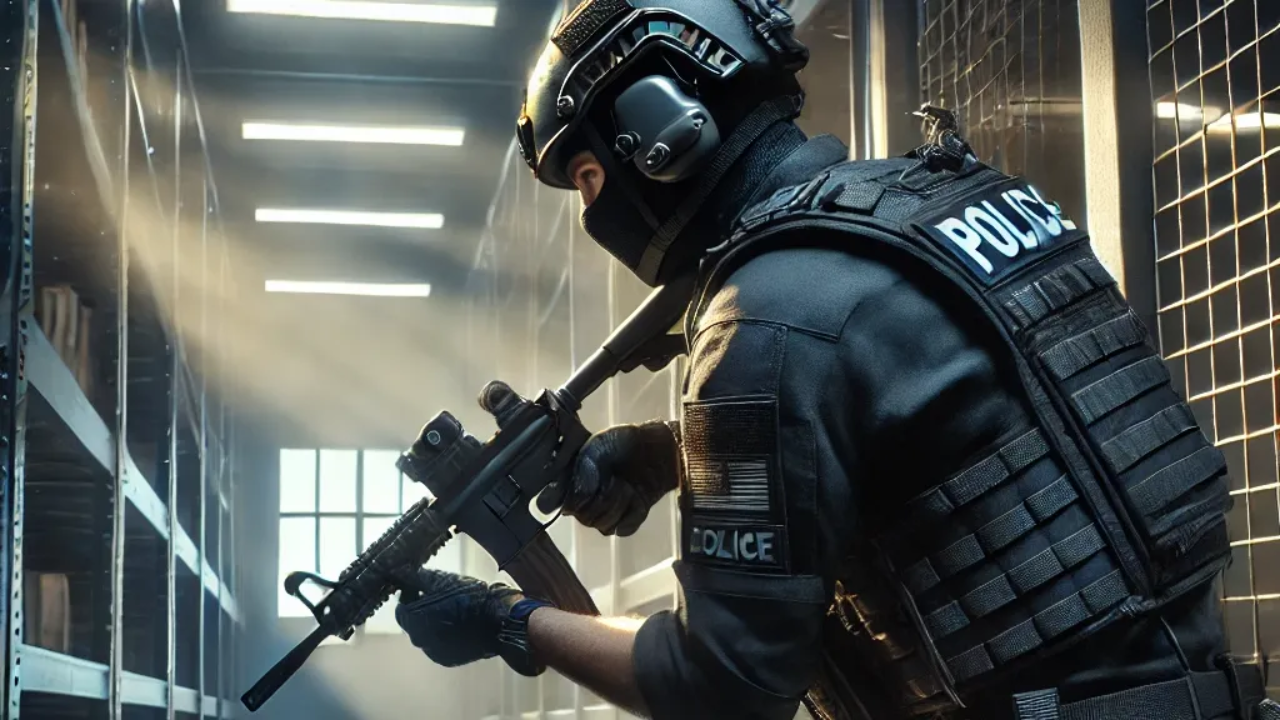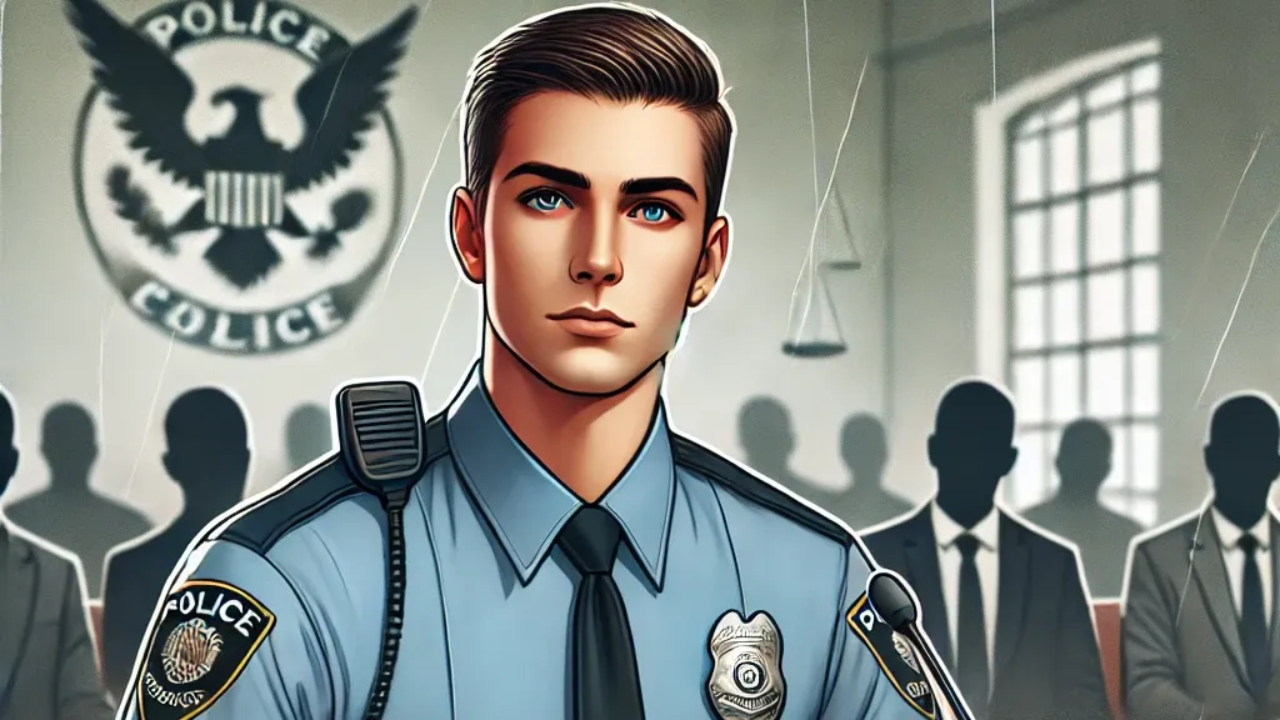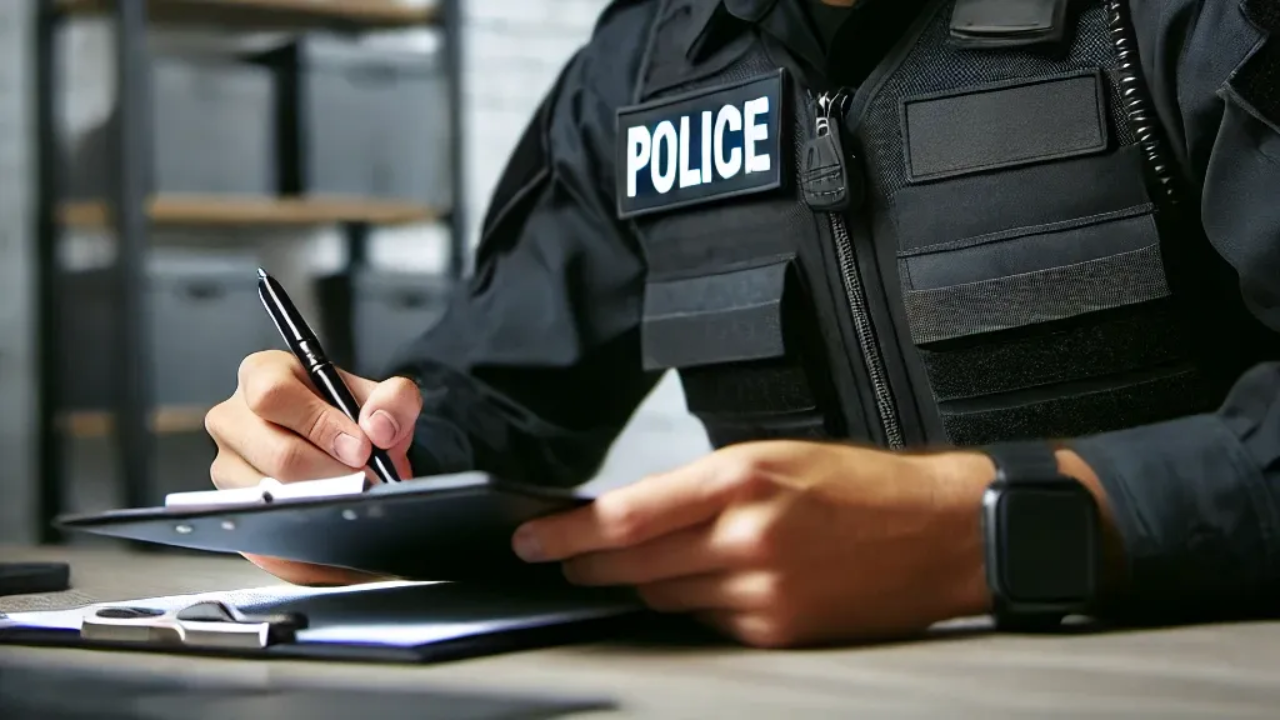Driving is one of the most frequent—and dangerous—tasks a police officer performs. Whether responding to emergencies, conducting pursuits, or patrolling in unpredictable conditions, officers must be highly skilled behind the wheel. Defensive driving training at the police academy ensures recruits ca...
Collecting and preserving evidence is one of the most critical responsibilities of a police officer. Proper evidence handling ensures the integrity of an investigation and plays a key role in securing convictions. Mistakes in collection, documentation, or chain of custody can lead to dismissed cases...
Community policing is a cornerstone of modern law enforcement, focusing on building trust, fostering relationships, and solving problems collaboratively with the public. Officers trained in community policing are better equipped to de-escalate situations, prevent crime proactively, and strengthen pu...
Effective communication is one of the most important skills for a police officer. Whether dealing with a hostile suspect, calming a distressed citizen, or coordinating with fellow officers, strong verbal and non-verbal communication skills can de-escalate tense situations and ensure safety. Masterin...
Accurate and detailed incident reports are essential in law enforcement. They serve as official records, aid investigations, and provide crucial evidence in court. Poorly written reports can lead to dropped cases or credibility issues. Mastering report writing at the police academy ensures officers ...
Foot patrol is one of the oldest and most effective policing strategies. Officers on foot are more visible, approachable, and better able to engage with the community. While modern policing includes vehicles and technology, foot patrol remains essential for crime prevention and building public trust...
Policing is one of the most stressful careers, requiring officers to remain calm under pressure, make split-second decisions, and handle emotionally charged situations. Stress management training at the police academy prepares recruits to handle the mental and physical challenges of law enforcement....
Building searches are one of the most high-risk tasks officers perform. Whether searching for a suspect, securing a crime scene, or clearing a structure, officers must be methodical, cautious, and prepared for unexpected threats. Mastering building search training at the police academy ensures offic...
Police officers frequently testify in court, providing crucial evidence that can make or break a case. Effective courtroom testimony requires professionalism, clarity, and confidence. Mastering courtroom testimony training at the police academy ensures recruits can present facts accurately and withs...
Defensive tactics (DT) training is one of the most physically demanding and essential components of the police academy. Officers must know how to control suspects, defend themselves, and use force appropriately while minimizing injuries. Mastering defensive tactics ensures officers stay safe and eff...
Report writing is a crucial skill for police officers. A well-written report can make or break a case, ensuring evidence is documented correctly and incidents are clearly recorded. Mastering report writing training at the police academy prepares recruits for real-world policing. Here’s how to excel....
Physical fitness is a cornerstone of police work. Officers must be in top shape to handle foot pursuits, defensive tactics, and long shifts. While many recruits focus on workouts, proper nutrition is just as crucial for sustained energy and performance. Here’s how to master fitness and nutrition tra...
